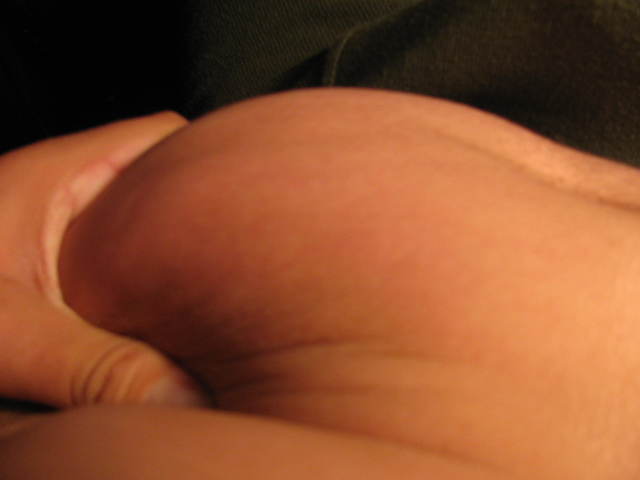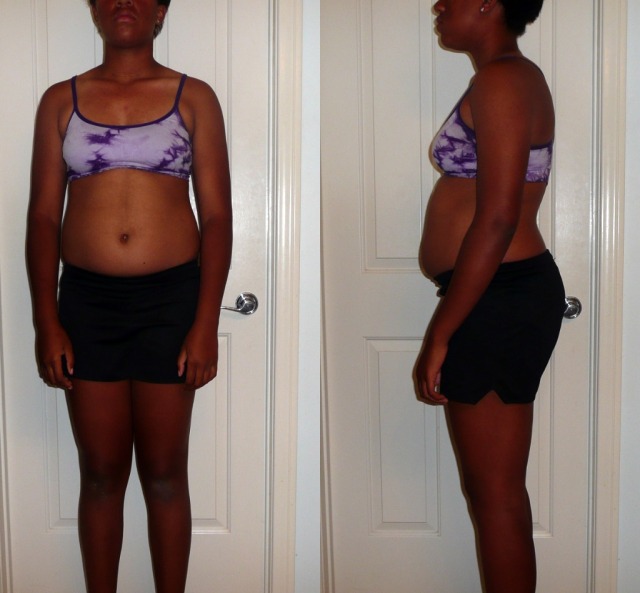stomach weightloss
Question
Hello. I am currently trying to lose 60 pounds. I excercise and follow weight watchers. I have noticed that I have lost weight in my legs and thigh area, but not my stomach. I am pear shaped and have a 4 year old daughter. Is there anything I can do to speed up the weight loss in my mid section. Mostly the lower stomach. I have ulcerative colitis too, so I'm wondering if I will always have a bloated stomach. Thank you for your help.
Thanks for your question, Hollie. Probably, your best bet is to focus on continued long term weight loss and exercise, and your body will decide on its own where the fat is burned or deposited. The ulcerative colitis can cause some bloating and cramping, and a sense of fullness, so this could perhaps exacerbate what you are noticing. As you undoubtedly know, it is important to stick with a good gastroenterologist for routine surveillance colonoscopies and medication for the ulcerative colitis.
Regrettably, I don't think there is much evidence that we can successfully "target" an area of the body for weight loss, except perhaps with plastic surgery. Each of us distributes adipose in a slightly different pattern on our body. For most women, the fat is stored predominantly in the subcutaneous tissues, especially the thighs and hips. For most men, the fat is stored in the omentum and abdomen.
Congratulations on losing the weight you have lost so far! For the abdomen, it may help to perform truncal strengthening exercises as part of your routine, with situps, leg lifts, and use of various machines for abdominal strengthening. But this will not change the genetically programmed way in which your body stores fat. For most men, and some women, the last place to the lose the fat is the abdomen, and it may be the first place to put it back on.
But, with a sustained program, the abdominal fat will come off too, if more slowly, and after other stores have been burned. Unfortunately we cannot change our genes, but with
continued hard work, you can make the most of them.
Good luck,
Kent C. Sasse, M.D., MPH, FACS, FACRS
Medical Director,
International Metabolic Institute
Related Articles
-
what time shouldnt you eat after when trying to loss weight?
QuestionQUESTION: Hi i want to know how many hours before going t
-
The best body fat monitor for home use
QuestionWhat is the most accurate device in your experience that
-
Soy pros and cons
QuestionMy wife and daughter are thinking of switching to a high
-
I have a couple questions.
QuestionHi Nevil; I have a couple questions about a couple things
-
Hito lose weight- would...
QuestionHi to lose weight- would it be better to eat food high i
-
sugar verses Splenda/MSG
QuestionI have had a weight problem all my life. I am curre




